The next time we see Joaquin Phoenix on-screen, it will probably be as Jesus Christ in the new Garth Davis film, Mary Magdelane, which being a Weinstein Company film will likely play the festival circuit this fall, beginning with Venice or TIFF. Rooney Mara will portray the title role, but all eyes will be on Phoenix for his portrayal of Christ. It is an inspired choice, one that could make or break the film.
Of the actors fifty and under, who is the greatest of them I have been asked, and always I answer, Leonardo DiCaprio and Joaquin Phoenix. In previous generations, the answer would have been Marlon Brando, Jack Nicholson, Sean Penn and Daniel Day-Lewis, but of the actors forty-five and under, right now, the one that strikes me as the most natural is DiCaprio, the most daring is Joaquin Phoenix.
He is utterly fearless in each role he takes, and he is willing to take chances other actors will not. When an actor risks, when an actor has the courage to do something no one else has ever done, or something we cannot picture anyone else doing, and then succeeds…that is great performance art. Phoenix is not without his detractors, he is not without his own personal faults, but when he is in the zone, there might not be anyone in his age range better than he.
He has had his share of controversy and pain, most notably the famous 911 call he made the night his brother River died in front of him in front of the Viper Club. One of the most gifted young actors on the rise, Rivers’ death left Joaquin devastated, and he withdrew from the public eye and all work for a year. When he returned he did so with intensity and brilliance with a fine performance in To Die For (1996) opposite Nicole Kidman as the young teen she recruits for sex and to kill her husband.
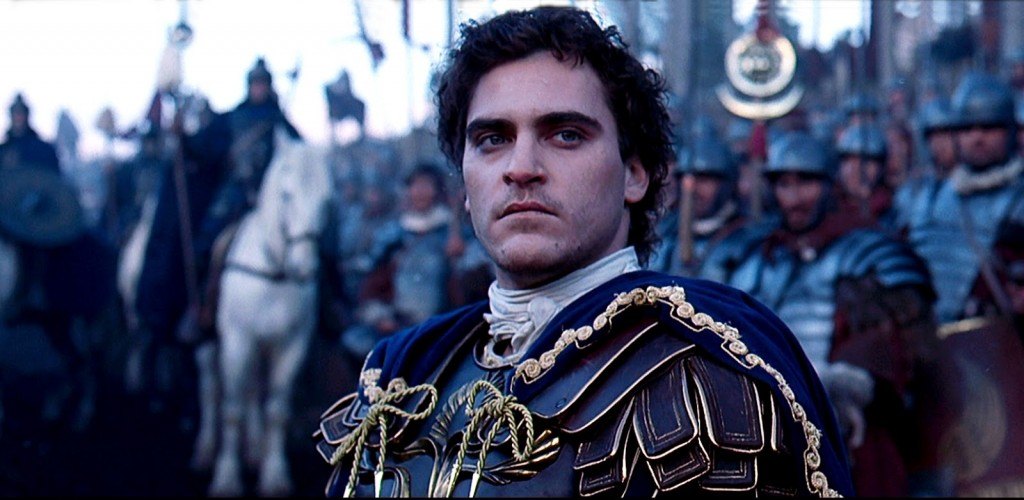
Four years later he was an Oscar nominee for the first time for his perverse and frightening performance as the evil Roman emperor Commodus in Gladiator (2000). A dark and twisted character, capable of the most horrifying acts of treachery, Phoenix brought something frightening to the role and earned the best reviews of his career. That same year he gave a standout performance as the gentle Abby in Quills (2000), though it was Geoffrey Rush the critics wrote about in the film for his performance as the Marquis de Sade.
Two small roles in 2002 kept in the public eye, in one he was outstanding, in the other he spent nearly the entire film on his back near death from a stab wound. Signs (2002) saw him do fine work as the younger brother of Mel Gibson, terrified of an impending alien invasion, while in The Village (2002), a terrible film, he had little to do.
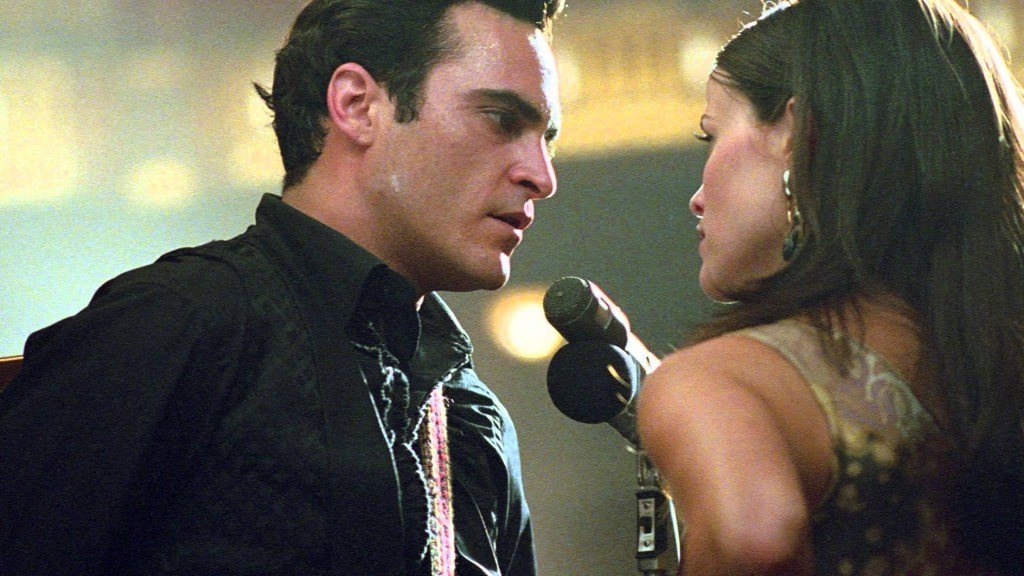
As Johnny Cash in Walk the Line (2005) he earned an Oscar nomination for Best Actor, giving a performance the critics raved about, but that frankly I never found particularly great. True he did his own singing, and well, but for me he never captured the essence of the man in black, we never really found out who Johnny Cash was. His co-star Reese Witherspoon somehow won an Oscar as June Carter, and I know I am among the few critics who did not care for either the film or the performances, but I speak what I feel, and it did not work for me.
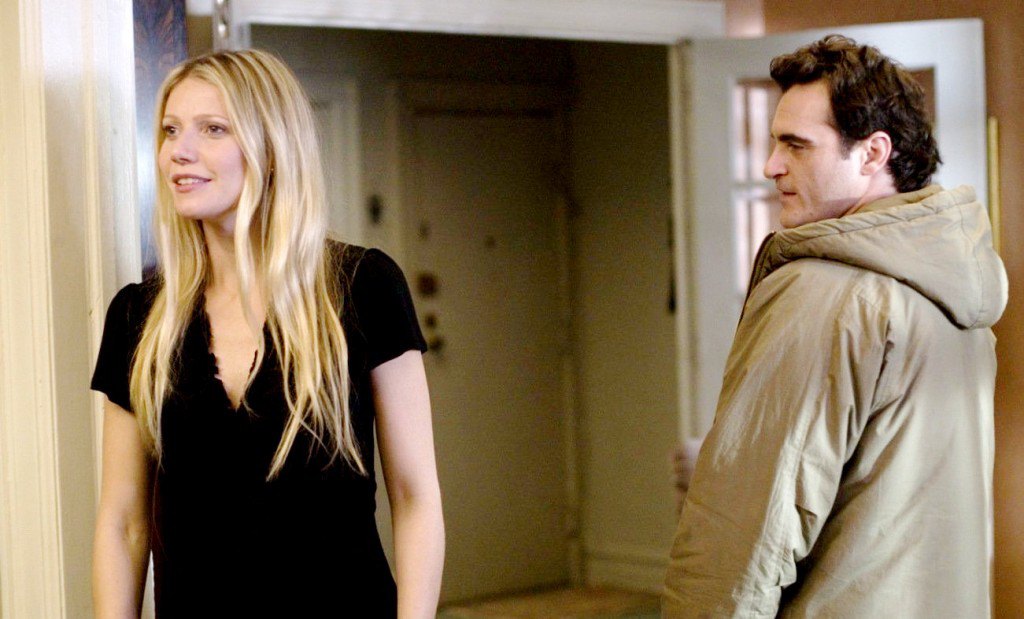
He gave a superb performance in Two Lovers (2008) before his career went wildly off the rails due to his behavior which might have been tied to a documentary he was making about leaving the acting world and becoming a rapper. It was of course a hoax, but he made a few enemies along the way, some of which remain.
When he came back to acting he did so with genius. As Freddy Quell in The Master (2012) he gave one of the most original pieces of acting I have ever seen, an extraordinary accomplishment that must be seen and dissected to be believed. Contorting his body so his jaw juts out, pulling himself inward to protect himself from the world, looking down on everyone he sees in contempt, it is a stunning piece of acting. Critics swooned, other actors spoke up about the work, drawing attention to a man who dislikes attention, and he was nominated for an Oscar losing to a greater piece of acting (if possible) Daniel Day-Lewis in Lincoln (2012). Watching it again just the other day I was again astounded by what he attempted, and what he made work.
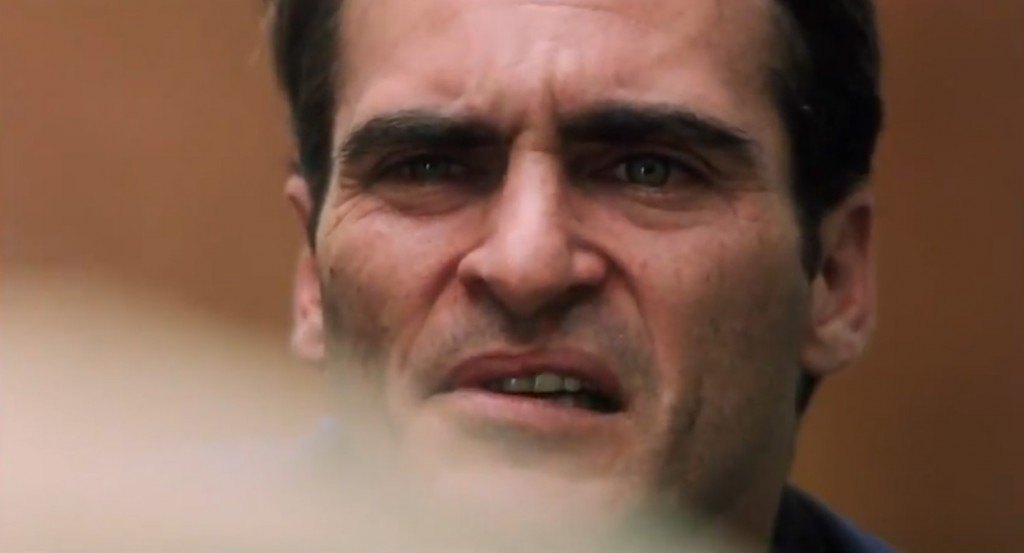
A year later we saw an example of his extraordinary range when he portrayed the lovesick man in Her (2013) who falls in love with the voice on his computer. We watch as he moves from a troubled and angry man to a lovesick puppy, happy, smiling, amazed at the power of love in his life, and the pain that comes with it when it is taken away. Once again critics fell over themselves finding superlatives for him, and though the film was nominated for Best Picture, he was passed over for a nomination that he deserved.
He was again a chameleon in Inherent Vice (2014) which split critics and actually drew some attacks of indulgence directed at Paul Thomas Anderson. Phoenix was praised for his work, an interesting performance, solid work, though not on the level of his previous two.
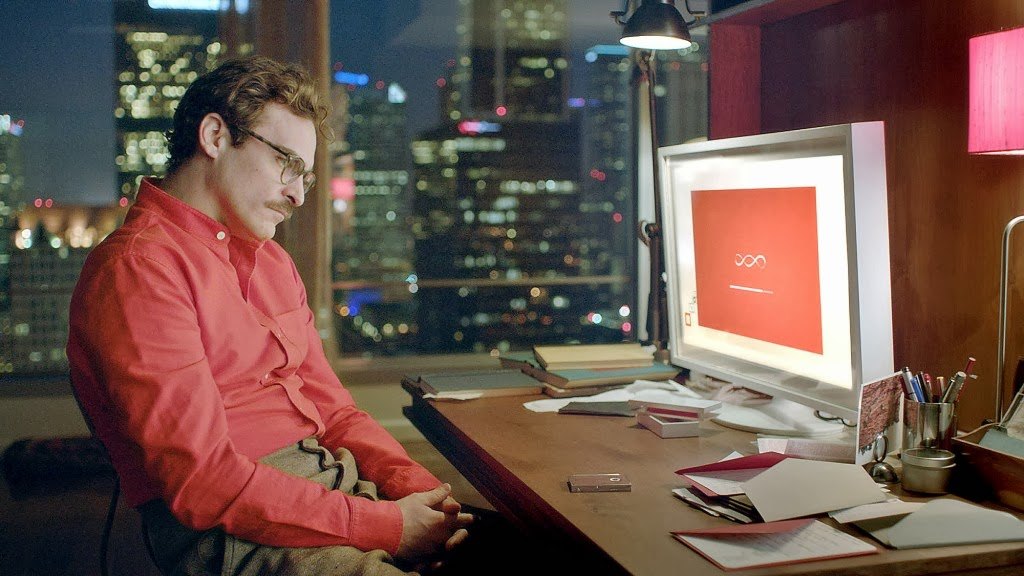
Most recently, though last year, he was seen in the latest Woody Allen work Irrational Man (2015) which drew praise for him and it girl Emma Stone, but not really the film.
Risk…it is all about taking a risk and making it work, hoping it works. The greats do that, over and over again. Phoenix has joined that list of the very best actors that have ever been on film. And there is so much more to come. I for one will be thrilled to see the actor back onscreen, brining his unique originality to all roles he portrays, for reminding us the acting can be thrilling when a risk is taken and it pays off, like The Master (2012) did. Remarkable in its purity and dark brilliance it is one of the screens great performances of the last twenty years.
Read More: The 10 Greatest Actors of the 21st Century

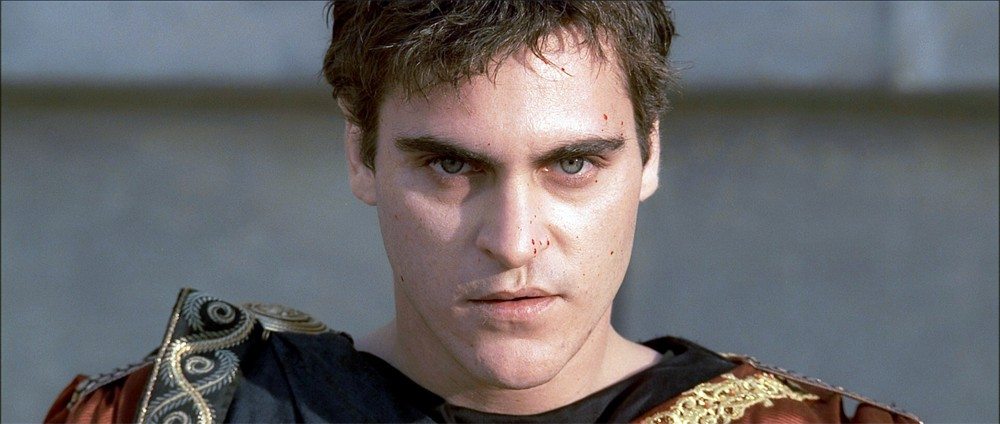
You must be logged in to post a comment.